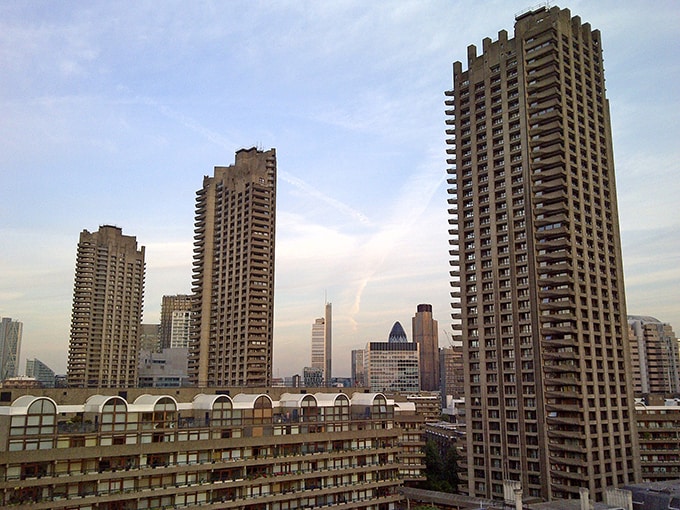Politicians fear that strict rules banning them from speaking or voting on issues affecting residents where they live is “throttling democracy”.
A proposed overhaul of the City of London’s policy could see councillors having to fill in a 10-page document for special dispensation to speak if they have a disclosable financial interest in an issue.
Their requests would then be considered and they could appear before a dispensations committee.
Standards committee chairman, Oliver Lodge, said changes could improve “consistency” in considering applications to speak or vote.
He said unlike other councils, decisions are made by committees, rather than individual cabinet members, and the rules help prevent them falling foul of the law.
National rules ban councillors from speaking or voting on issues where they have a financial interest, such as a planning application or measures which could increase the value of their property. Four wards in the City are considered residential, while businesses hold the voting power in the 21 other wards.
Councillors who live at the Barbican, where most of the Square Mile’s 8,000 residents live, complain that they are “gagged” from representing their residents.
One resident, Adam Hogg, said: “If I vote for a representative, and they are told they cannot vote on issues that represent me because they are a resident, then I will not vote for a resident.”
Although people who live in the Square Mile attended a recent standards committee meeting to hear the matter discussed, they were not allowed to speak.
Deputy Brian Mooney said: “I am increasingly concerned about the burdens placed on us. We are all volunteers here.
“Every time we want to speak (on issues with a disclosable pecuniary interest) we have to fill in a 10-page form and appear before a committee before we even open our mouths. This is throttling democracy.”
He said the policy and guidance was “overzealous” and added: “Anyone who lives in a residential ward is going to be disenfranchised from what’s going on.”
Councillor Marianne Fredericks, who represents the Tower ward, asked: “Why are you trying to stop residents who live in the City of London from standing up and representing residents? I’m afraid this looks extremely bad to people outside this room. There are people who would like to close us down and get rid of us. You are giving them a loaded gun to get rid of us.”
Catherine McGuinness, who chairs the influential policy and resources committee, said: “There’s a real risk in my mind that residents have been unnecessarily gagged from speaking.”
She said the council had to comply with the law and be more transparent but the issue could damage public confidence.
The issue came to a head earlier this year when members who have flats on the Barbican were not given dispensations to speak or vote on issues about management of the estate – which the Corporation owns.
There was also an outcry when councillors were unable to speak about plans to move an estate office into the community centre and build flats in its place on the Golden Lane Estate.
Graeme Harrower (Bassishaw) said: “The law underpinning this is an anti-corruption measure to stop members making money.”
He added: “I have heard from residents who are very unhappy about this.
“They can tell the difference between someone who’s in public office to make money and someone who’s in public office to represent them. It’s a very simple one, it’s a smell test.”
He is presenting a motion at the next Common Council meeting in December, calling for an independent review of the dispensations policy. Christopher Hayward (Broad Street) said there is a huge difference between speaking and voting on an issue.
“Let’s make democracy flourish and let it shine through,” he said.
The draft policy will come back to the standards committee for approval in January.
A City of London Corporation spokesperson said: “The standards committee is aiming to increase clarity and confidence, both for elected members and the public, that City Corporation is managing conflicts of interest appropriately.
“The committee held a full and open discussion around draft guidance on voting and speaking exemptions where elected members may have a pecuniary interest in a decision to be taken.
“Elected members have been asked to give feedback on the draft guidance. A summary of responses will be presented in January 2019.”
Cover image by Riodamascus (Creative Commons).







